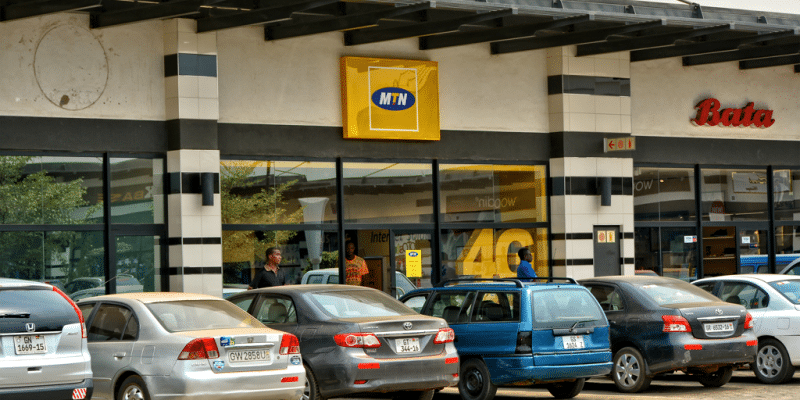The South African subsidiary of telecommunications group MTN is commissioning a 700 kWp solar park at its headquarters in Johannesburg. The capacity of this solar power plant will double by the end of February 2024, confirming the group's ambitions to invest in sustainability.
Faced with load shedding in South Africa, companies are looking for alternatives to the state-owned Eskom grid. This is the case for the MTN telecommunications group, which is banking on renewable energies to solve this equation and move towards decarbonization of its activities. The group’s South African subsidiary is currently building a 1.8 MWp photovoltaic solar power plant to supply its Johannesburg headquarters.
The plant will be equipped with 9,000 solar panels, half of which (over 5,400) have recently been commissioned, representing a capacity of 700 kWp. This plant represents the first phase of a project to develop an installed solar capacity of 4.9 MWp. This will enable the company to reduce its electricity bills while gaining greater autonomy from the Eskom grid.
Read also- Hydroelectricity: the Growthpoint property developer’s gamble in South Africa
The telecommunications operator “has set itself the goal of achieving carbon neutrality by 2040, a decade ahead of industry targets. The 4.9 MWp solar farm, and the groundbreaking Island Mode project, which will see MTN leverage a combination of gas, solar, battery and diesel technologies to create a micro-grid, are key to enabling the company to get off the grid in the event of load shedding,” explains Charles Molapisi, Managing Director of MTN South Africa.
By the end of February 2024, the company expects to complete the commissioning of its 1.8 MW solar power plant. Thanks to this installation, MTN South Africa’s head office is 40% more independent of Eskom. This strategy has also been adopted by other companies. Such is the case of France’s Saint-Gobain, which has joined forces with its compatriot CVE (Changeons notre vision de l’énergie) to supply 140 GWh of clean electricity a year to its factories in Brakpan, Alrode and Germiston in Gauteng province, as well as to Parrow in South Africa’s Western Cape.
Jean Marie Takouleu







